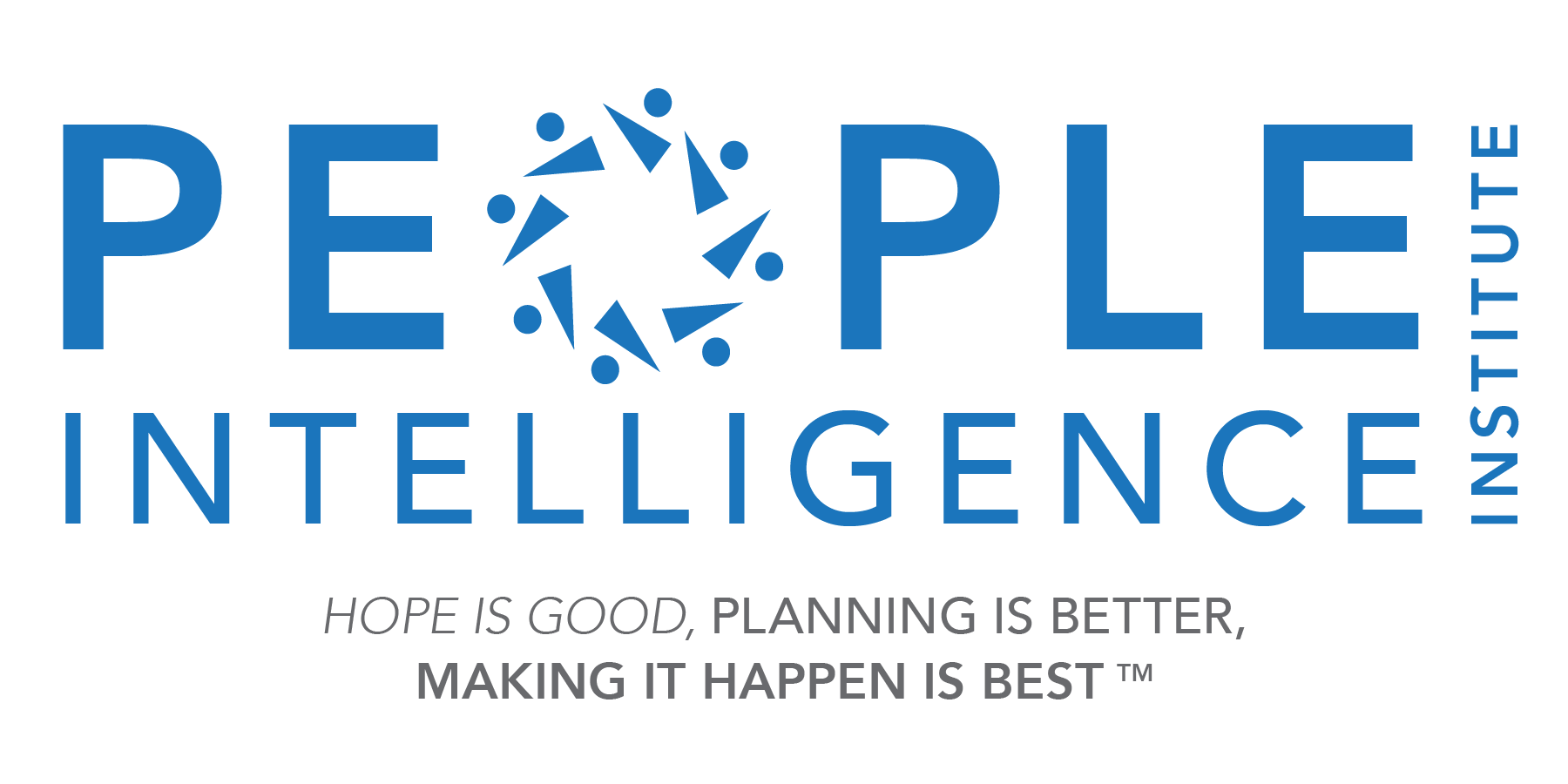"This course has helped train my eye and my mind to see more emotions in others, and as a result, have more successful interactions with others when they are emotional. I am more likely to notice things earlier, before escalation, when the potential to make better choices is stronger."
Read MoreThe Peaceful Deceit
Were you to ask a random sampling of people in your work-a-day world to rate lying as either good or bad, most would say it is a bad thing. It's a simplistically posed question requiring an easy answer.
Asked to elaborate those same people may repeat aphorisms such as:
- One lie leads to another.
- A liar must have a great memory.
- For every lie you tell, you must tell ten more to cover it up.
- "Oh what a tangled web we weave..."
Ask someone if they are a liar and they will bristle. The mere implication of mistrust can damage relationships. "How dare you?"
But what is a lie beyond this simple definition? A lie is the expression of a statement known by the teller to be in some way inconsistent with or in opposition to what one knows to be true. There is no moral judgment in that statement - it only presents a definition. The moral or ethical aspects only come into play when one considers the objective of the deceiver and the intention to harm. The con man, the cheat, the unctuous politician and other scoundrels have all contributed to the association of being a liar with being a reprobate.
There are times however when saying something we know to be untrue seems to be the best option in the moment. Lies are told to conform to social situations - "Yes, the food was delicious." They are told to make someone feel good - "No, that outfit doesn't make you look fat at all."
We often mask our true feelings because we are unwilling to confront what the truth will unveil. So we tell ourselves that we did the right thing by not being forthright, despite the fact, strictly speaking, we told a lie. The French writer Vauvenargues said, “The art of pleasing is the art of deception."
This notion of pleasing brings us to what the title alludes, what social psychologist Irving Janis called "concurrence seeking" in 'groupthink' situations. It is the tendency to seek concurrence (conformance) with a group to finalize what may be a bad decision. No one wants to be seen as the enemy of the group.
A project manager in charge of a team must guard against groupthink. The manager must learn to recognize that an opinion being offered is not necessarily honest, but given to succumb to environmental pressures to keep the project moving forward or to please the boss. But it's groupthink that keeps everyone paddling in the direction of the waterfall.
An interesting take on this comes from the sports world, where Coach Riches of Functional Basketball Coaching wrote, "Groupthink is one of the poorest situations that can happen to a group in their development into a team. Groupthink limits the opportunity for trust, honesty and solidarity to develop and ultimately, for a team to reach their true potential." The coach goes on to discuss how a strong leader can sway the group in one direction, thus compelling the group to conform rather than buck the leader because they wish to be seen as a team player.
This kind of collective dishonesty inhibits sincere debate. It creates an atmosphere where people don't feel engaged in the discussion but corrupted by it. Collectively, the group fails the project because the individuals fail the group. That said, in a competitive work dynamic where connections and cooperation matter, no one wants to be cast as an outsider. A leader with a fragile ego may accuse one who speaks openly of not being a team player, but what the leader really means is, "it's a bad move to disagree with me."
The leader's job is to repress the ego and seek differing opinions. As Janis points out, there is a danger in replacing esprit de corps with groupthink. There is no longer a place for independent thinking. Honest debate can lead to the truth. The flexible leader recognizes groupthink as ultimately undermining to the long-range mission of the company. Coach Riches believes a leader should "crave openness" because it leads to solidarity. When everyone is truthful there is greater understanding, so that even if someone dissents, it is done honestly. The leader can move the project forward knowing the team is truly accepting and supportive of the final decision.
A good leader must learn to recognize when someone isn't being honest, not to uncover malice but to avoid the destructive nature of groupthink. A leader creates an environment that encourages people to say what they honestly feel. For as Benjamin Disraeli said, "Never apologize for showing feeling. When you do, you apologize for the truth."
